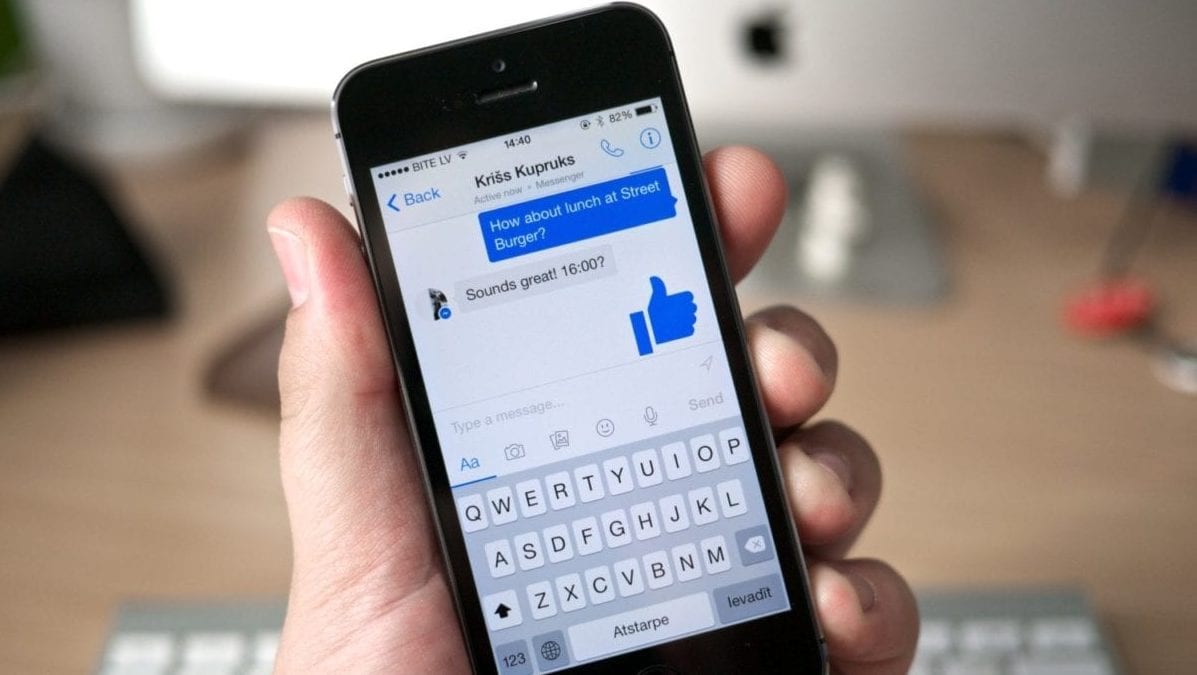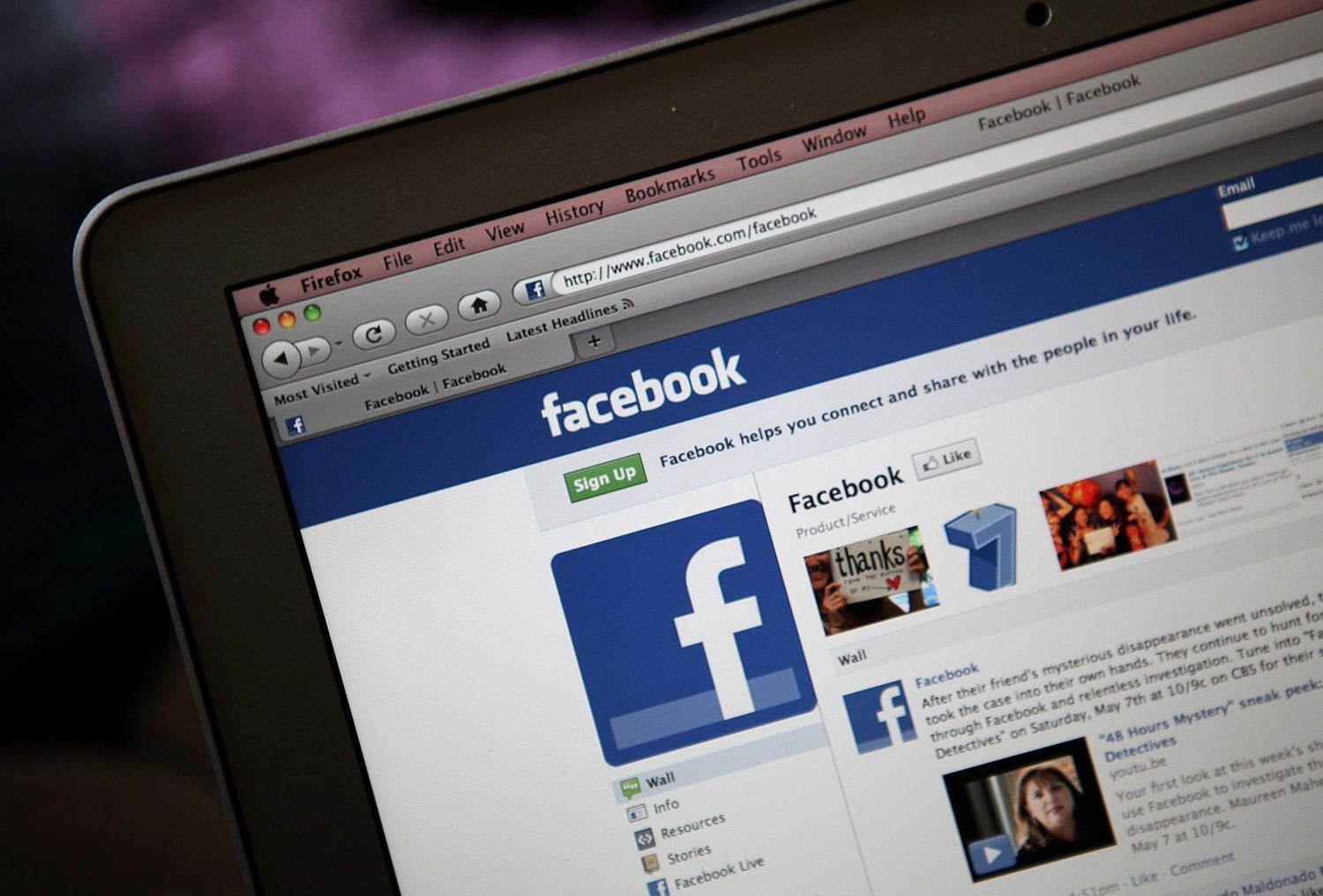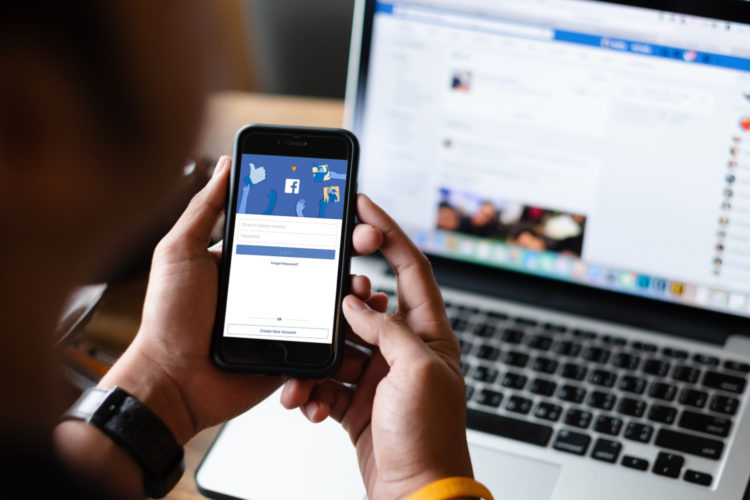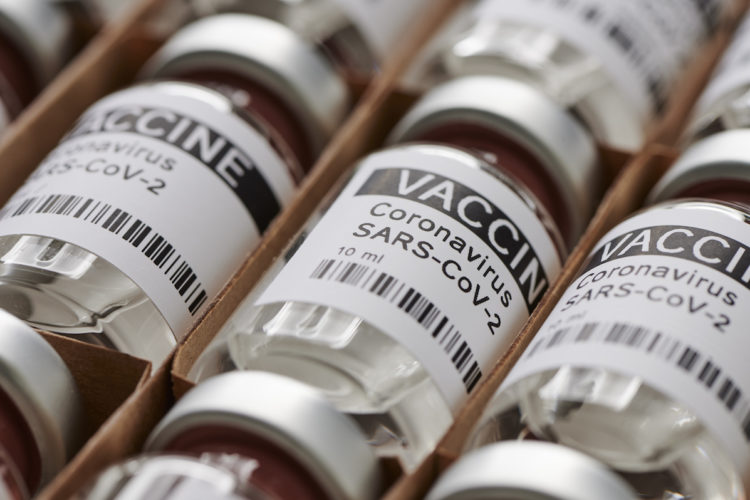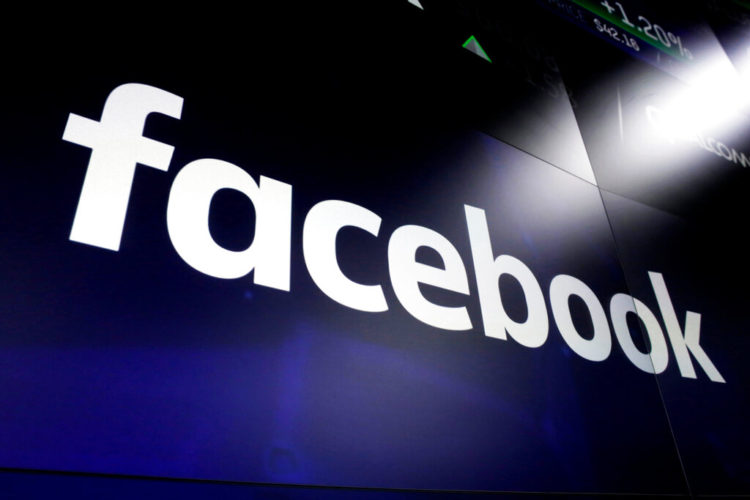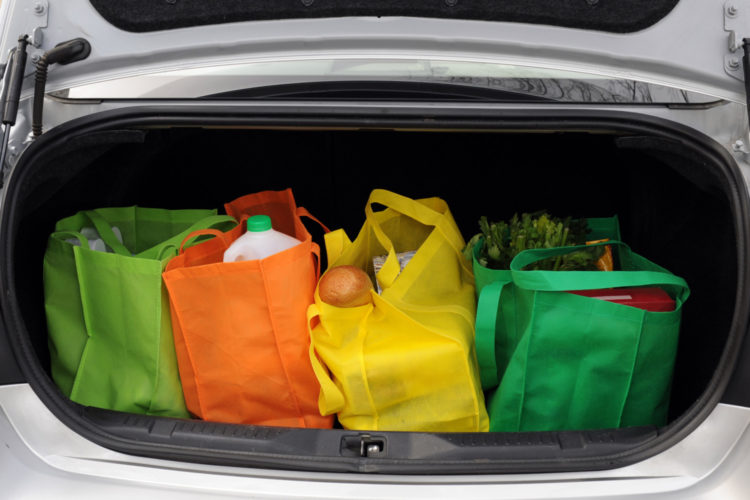Authorities warn Facebook users to beware of suspicious hoax messages
If you’ve spent any time on Facebook over the last two months, you may have received an alarming message about your account being cloned. The note claims that a duplicate account is sending out second friend requests and urges you to forward it to your Facebook friends, so they know not to accept it.
The message implies that your Facebook account has been hacked — which is especially believable, considering the September security breach that affected almost 50 million users. But authorities have recently revealed the viral message is a hoax and warned users not to forward it.
The Plaquemines Parish Office of Homeland Security and Emergency Preparedness posted an advisory about the bogus note on its Facebook page:
“Your account isn’t sending duplicate friend requests. And you didn’t receive a request from the person you’re forwarding it to,” the department wrote on Facebook. “You’re simply doing it because the message tells you to. DON’T.”
The message first began circulating on Facebook in October and went viral quickly because of what Facebook officials believe is “an abundance of caution by users,” according to WSYR. One version of the warning making the rounds on Facebook begins: “Hi … I actually got another friend request from you yesterday … which I ignored so you may want to check your account.”
The sender then recommends passing on the message to people on your contact list, writing, “Hold your finger on the message until the forward button appears … then hit forward and all the people you want to forward to … I had to do the people individually. Good Luck!”
Account cloning, in which hackers steal users’ photographs and personal details to create an identical account, is a real security issue. However, this particular message is bogus, authorities say. Forwarding the note will only spread the malware. Instead of passing it on, users should delete and ignore it.
“Otherwise, you become one of the reasons why the hoax is spreading so fast,” the Plaquemines Parish Office of Homeland Security and Emergency Preparedness advises in its Facebook post.
Per USA Today, Facebook also commented on the matter, saying, “The volume of these types of posts isn’t a good measure for how often impersonation is actually happening. For example, it is not accurate that ‘almost every account is being cloned,’ as one of these posts claims.”
To minimize the risk of hacking, though, experts recommend that people change their passwords at least once every three months. If you do receive the message above and want to determine whether it’s real or a hoax, you can also try searching your name on Facebook and see if you find any duplicate profiles.
Users who find duplicate profiles or suspect spam or security breaches, as well as potential abuse, should report the incident to Facebook.


